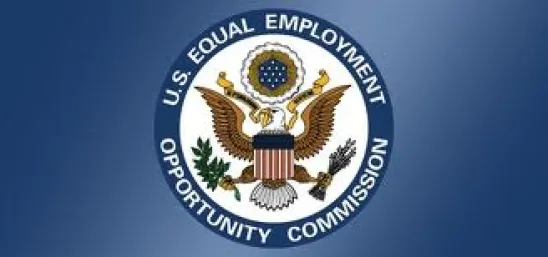More than three years ago, we wrote that “when dealing with ADA claims relating to benefit plans, make sure to plot the coordinates for the ADA’s Section 501(c) ‘safe harbor.’” That harbor protects employers from liability for conduct that would otherwise violate the ADA if it were taken pursuant to a benefit plan so long as the plan is not “a subterfuge” to evade the purposes of the ADA.
A Wisconsin district court has rejected the EEOC’s challenge to an employer’s wellness program, holding that that harbor provided legal protection. EEOC v. Flambeau, Inc. (W.D. WI, Dec. 30, 2015). The EEOC had alleged that Flambeau, Inc. had violated the ADA by conditioning participation in its health insurance plan on an employee’s completion of a “health risk assessment” and a “biometric screening test.”
The Flambeau court relied on the Eleventh Circuit’s 2012 decision in Seff v. Broward Country, FL (11 th Cir. 2012), the only circuit decision that has addressed this issue. The Eleventh Circuit held that the defendant’s $20 bi-weekly surcharge for employees who did not participate in a voluntary wellness program did not violate the ADA because of the safe harbor. The Flambeau court rejected the EEOC’s arguments that Seff was wrongly decided and that the wellness program was a subterfuge to evade the purposes of the ADA.
After staying on the litigation sidelines for years while the popularity of workplace wellness programs skyrocketed, in 2014, the EEOC sued three employers, alleging that each’s wellness program was not “voluntary” due to the size of the penalties for those who did not participate. Because the program was involuntary, the disability related inquiries and medical examinations within the program violated the ADA, according to the EEOC.
The lawsuit in EEOC v. Orion Energy Systems (E.D. WI, filed August 20, 2014) is still pending. There also, the EEOC is arguing that Seff (and likely now Flambeau) was wrongly decided. In EEOC v. Honeywell International, Inc. (D.MN, filed October 27, 2014.), the EEOC sought to enjoin Honeywell from implementing the surcharges and other financial “penalties” in its wellness plan. The court denied the EEOC’s TRO request.




 />i
/>i

